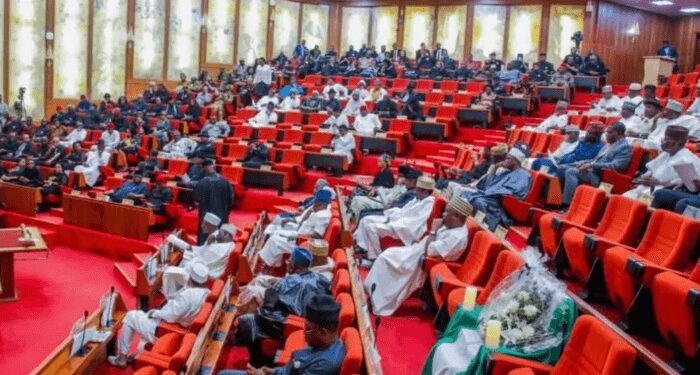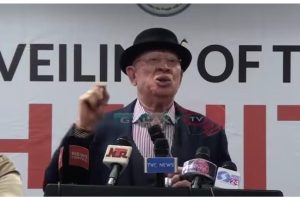By Our Reporter
The Senate has recently approved the Student Loans Access to Higher Education Act (Repeal and Re-Enactment) Bill of 2024.

This decision came after careful consideration of the report presented by Senator Mohammed Muntari, representing Katsina South and Chairman of the Committee on Tertiary Institutions and Tertiary Education Trust Fund (TETFUND).
Last week, the bill successfully passed its second reading, following a letter from President Bola Tinubu urging the Senate and the House of Representatives to repeal the existing Student Loan (Access to Higher Education) Bill and introduce a new one.
The new act aims to streamline the implementation of the Higher Education Student Loan Scheme, addressing various challenges such as the management structure of the Nigerian Education Loan Fund (NELF), eligibility criteria for applicants, loan purposes, funding sources, and procedures for disbursement and repayment.
Tinubu’s request came after the announcement of a temporary suspension of the student loan system, which was intended to provide Nigerian students in tertiary institutions with access to low-interest loans to support their studies.
In addition to this legislative action, a motion sponsored by Senator Adebule Oluranti representing Lagos West was debated, focusing on the urgent need to address the issue of out-of-school children in Nigeria.
During the debate, Senator Oluranti emphasized the necessity of significantly reducing the alarming number of out-of-school children, estimated at 20 million according to UNESCO statistics.
Other lawmakers, including Senator Oshiomhole, urged the Senate to compel relevant agencies to disclose the percentage of out-of-school children in each state. This would help identify defaulting state governments that have neglected their responsibility to prioritize education, thereby endangering the welfare of citizens.
In response to these concerns, the Senate passed a resolution directing the judiciary in all 36 states to establish mobile courts for the enforcement of the Universal Basic Education (UBE) Act.
Furthermore, the Senate mandated its education committee to collaborate with the Ministry of Education to develop strategies for reducing the number of out-of-school children. They set a two-year deadline for the implementation of the UBE Act, underscoring the importance of ensuring access to education for all Nigerian children


























